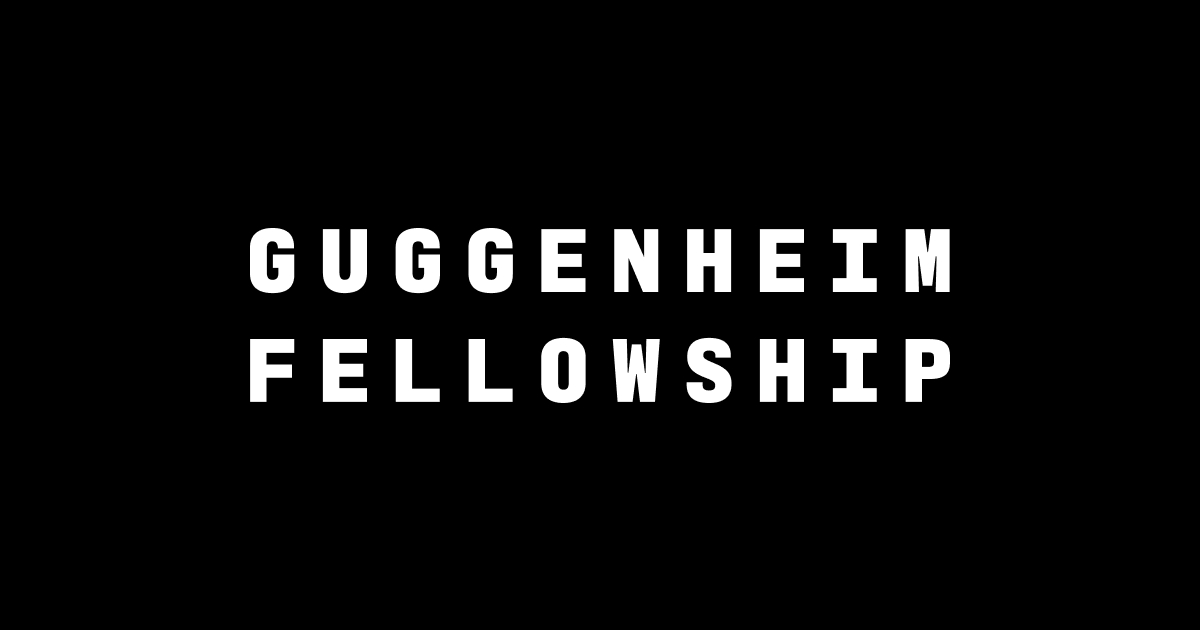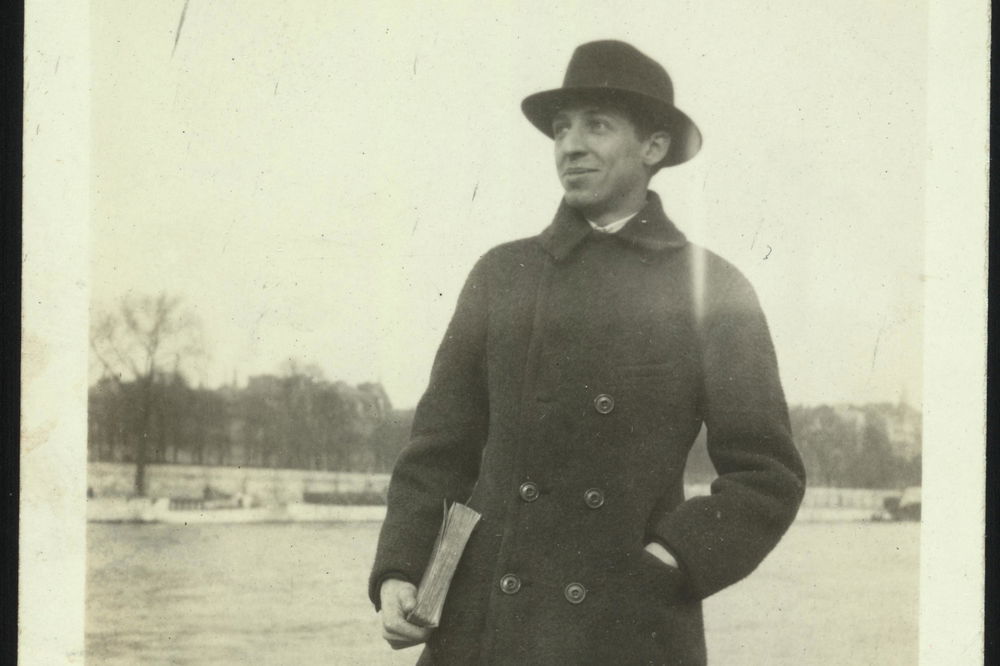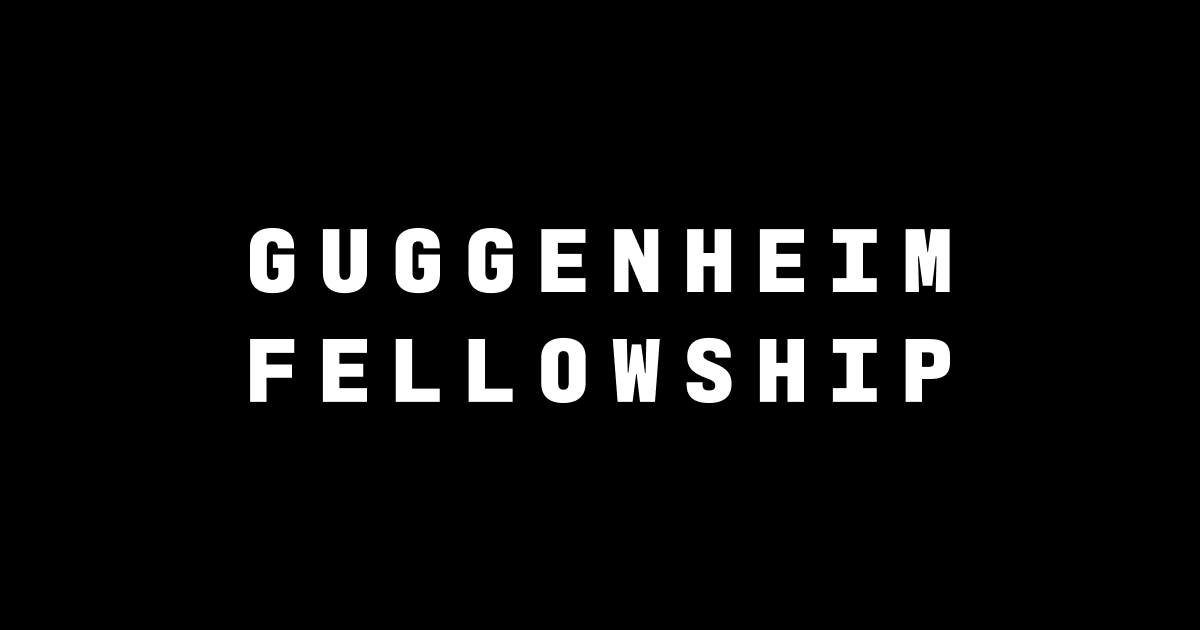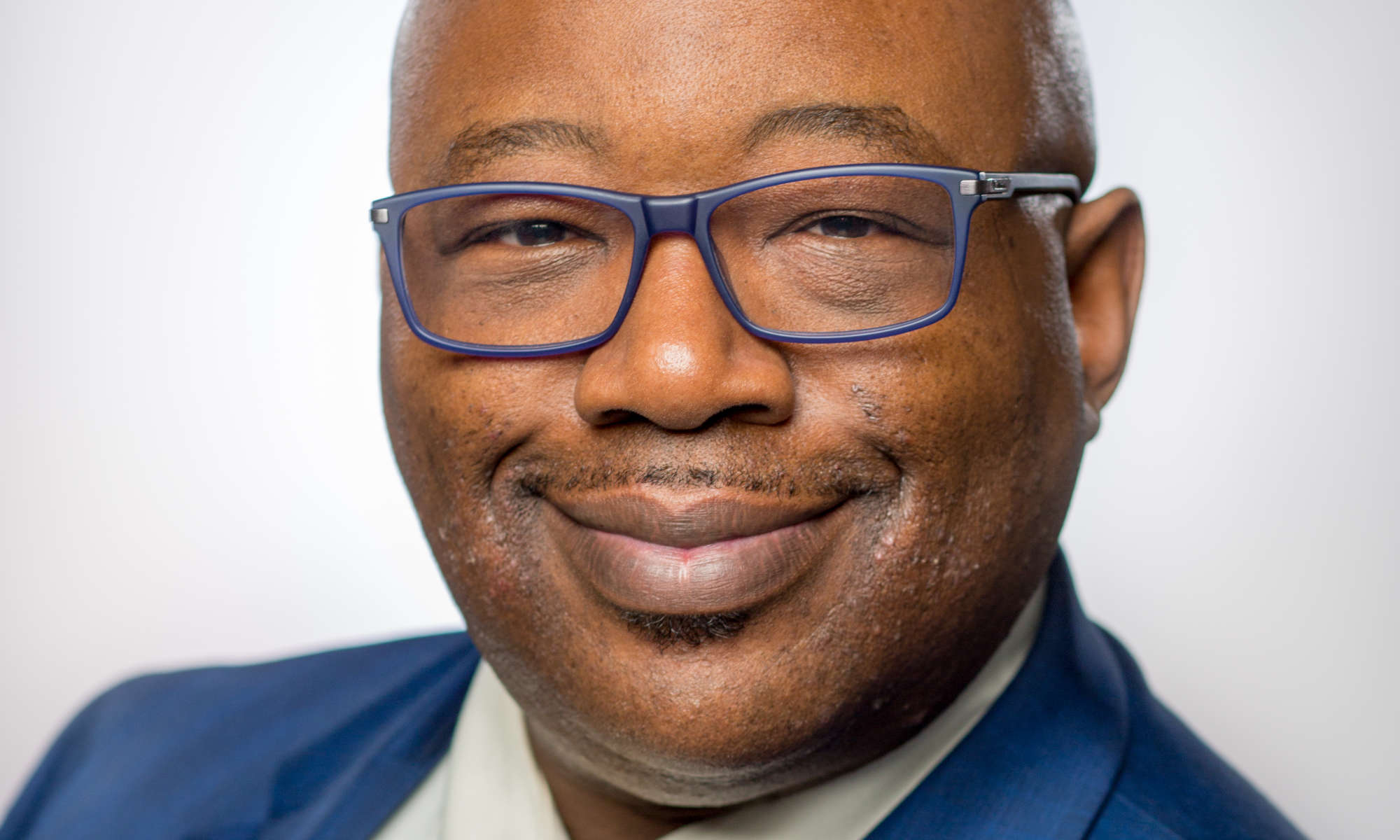## Rochester Professor Just Received a HUGE Academic Honor 🤯
Forget the Pulitzer, forget the Nobel – we’re talking about the Guggenheim Fellowship, folks. It’s the holy grail of academic awards, recognizing exceptional creativity and achievement. And guess what? One of our own, Gretchen Helmke, a political science professor at the University of Rochester, just snagged one!

Prosecuting Former Political Leaders: Gretchen Helmke’s Latest Research Project

Gretchen Helmke, a renowned political science professor at the University of Rochester, has been named a Guggenheim Fellow for 2025. Her research focuses on the rule of law and democratic erosion in the United States and Latin America. Helmke’s latest research project, which explores the phenomenon of prosecuting former political leaders, has significant implications for policymakers and scholars.

The Phenomenon of Prosecuting Former Political Leaders
The prosecution of former political leaders is a complex and polarizing issue. It raises questions about the balance of power, accountability, and the rule of law. In recent years, there have been several high-profile cases of former political leaders being prosecuted, sparking intense debates about the motivations behind these prosecutions.

The Significance of Gretchen Helmke’s Research
Helmke’s research on this topic is significant because it sheds light on the underlying factors that drive the prosecution of former political leaders. Her work examines the political, legal, and social factors that influence these prosecutions, providing valuable insights for policymakers and scholars. By understanding the dynamics of these prosecutions, Helmke’s research can inform strategies to promote accountability, transparency, and the rule of law.

The Potential Impact of Her Research on Democratic Practices
Helmke’s research has the potential to inform democratic practices in several ways. Firstly, it can help policymakers design more effective accountability mechanisms, ensuring that political leaders are held accountable for their actions. Secondly, it can provide insights into the political and social factors that drive democratic erosion, enabling policymakers to develop strategies to prevent it. Finally, Helmke’s research can contribute to the development of more robust institutions, which are essential for maintaining democratic stability.

Gretchen Helmke’s Guggenheim Fellowship: A New Chapter in Her Research
The Guggenheim Fellowship is one of the most prestigious awards in academia, providing support to outstanding scholars and artists in mid-career. Gretchen Helmke’s appointment as a Guggenheim Fellow for 2025 is a testament to her exceptional research and contributions to the field of political science.

The Opportunity Provided by the Guggenheim Fellowship
The Guggenheim Fellowship provides Helmke with the opportunity to pursue her research without restrictions, enabling her to delve deeper into the complexities of prosecuting former political leaders. The fellowship also recognizes Helmke’s achievements and contributions to the field, solidifying her reputation as a leading expert on the rule of law and democratic erosion.

The Potential Impact of Gretchen Helmke’s Research on Democracy and the Rule of Law
Helmke’s research has the potential to make a significant impact on our understanding of democracy and the rule of law. By examining the phenomenon of prosecuting former political leaders, Helmke’s work can inform strategies to promote accountability, transparency, and the rule of law. Her research can also contribute to the development of more robust institutions, which are essential for maintaining democratic stability.
The Significance of Her Appointment as a Guggenheim Fellow for the University of Rochester
Helmke’s appointment as a Guggenheim Fellow is a significant achievement for the University of Rochester, recognizing the institution’s commitment to excellence in research and scholarship. The fellowship also highlights the university’s reputation as a hub for interdisciplinary research, attracting top talent from around the world.
Implications and Practical Aspects
The Guggenheim Fellowship: A Catalyst for Change
The Guggenheim Fellowship is a catalyst for change, providing Helmke with the resources and support to pursue her research without restrictions. The fellowship also recognizes Helmke’s achievements and contributions to the field, solidifying her reputation as a leading expert on the rule of law and democratic erosion.
The Implications of Her Research for Policymakers and Scholars
Helmke’s research has significant implications for policymakers and scholars. By understanding the dynamics of prosecuting former political leaders, policymakers can develop more effective accountability mechanisms, ensuring that political leaders are held accountable for their actions. Scholars can also benefit from Helmke’s research, gaining insights into the political, legal, and social factors that drive democratic erosion.
The Potential for Her Research to Inform Democratic Practices
Helmke’s research has the potential to inform democratic practices in several ways. Firstly, it can help policymakers design more effective accountability mechanisms, ensuring that political leaders are held accountable for their actions. Secondly, it can provide insights into the political and social factors that drive democratic erosion, enabling policymakers to develop strategies to prevent it.
Gretchen Helmke’s Leadership and Impact at the University of Rochester
Gretchen Helmke is the Thomas H. Jackson Distinguished University Professor of Political Science at the University of Rochester. She is a renowned expert on the rule of law and democratic erosion, with a research focus on the United States and Latin America.
Her Role as the Thomas H. Jackson Distinguished University Professor of Political Science
Helmke’s appointment as the Thomas H. Jackson Distinguished University Professor of Political Science recognizes her exceptional research and contributions to the field of political science. She is a leading expert on the rule of law and democratic erosion, with a research focus on the United States and Latin America.
Her Contributions to the University of Rochester’s Academic Community
Helmke is an active contributor to the University of Rochester’s academic community, teaching and mentoring students, and collaborating with colleagues from various disciplines. Her research and expertise have also enriched the university’s intellectual landscape, providing valuable insights into the complexities of democracy and the rule of law.
The Significance of Her Appointment as a Guggenheim Fellow for the University’s Reputation
Helmke’s appointment as a Guggenheim Fellow is a significant achievement for the University of Rochester, recognizing the institution’s commitment to excellence in research and scholarship. The fellowship also highlights the university’s reputation as a hub for interdisciplinary research, attracting top talent from around the world.
Conclusion
Professor Gretchen Helmke’s recognition as a Guggenheim Fellow is a testament to her groundbreaking work in political science and a beacon of inspiration for aspiring scholars. Her research, which delves into the intricacies of institutions, political behavior, and democratic governance, has consistently pushed the boundaries of our understanding of how power operates and how societies function. This prestigious fellowship not only validates Helmke’s expertise but also provides her with invaluable resources to further explore these critical questions, potentially leading to transformative insights that shape our world. Helmke’s achievement serves as a powerful reminder that academic excellence thrives on curiosity, dedication, and a relentless pursuit of knowledge. It underscores the University of Rochester’s commitment to fostering intellectual rigor and supporting its faculty in reaching their full potential. As Helmke embarks on this exciting new chapter, her work promises to illuminate the complexities of our political landscape, offering valuable lessons for building more inclusive and equitable societies. Her journey reminds us that the pursuit of knowledge is not just an individual endeavor, but a collective responsibility that benefits us all.
